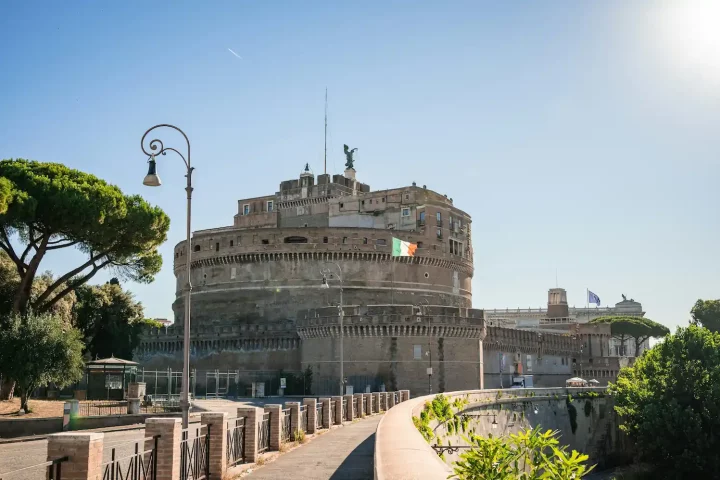Two key developments this past week signal a powerful, unambiguous message: the courts are keeping a close watch on legislation that could infringe fundamental rights. The most emblematic example is the challenge posed by the Cassazione—Italy’s Supreme Court—against the government’s Decreto Sicurezza (Security Decree).
On Thursday, June 27, 2025, the Massimario Office of the Cassazione released a 129-page report dissecting the government’s recent Decreto Sicurezza. The report raised serious constitutional concerns. Among its central critiques were:
- Absence of urgency: Emergency decrees must be justified by immediate need. The Court argues this decree simply recycled an already debated bill without demonstrating the necessity for bypassing regular parliamentary processes.
- Thematic incoherence: The decree grouped unrelated issues—ranging from security measures near public transportation hubs to cannabis and prison policies—under one umbrella, violating the legislative principle of cohesion.
- Punitive disproportionality: The report questions whether harsher criminal sanctions proposed by the decree (especially for road blockades or offenses near rail stations) align with the constitutional requirement that punishments be proportionate to the gravity of the offense.
The underlying theme of the report was clear: laws that affect personal liberty must pass the highest constitutional bar.
The report sparked immediate political reactions. Justice Minister Carlo Nordio expressed disbelief, stating he had requested an internal review of the document and its customary release process. His tone was echoed by other government officials, like Maurizio Gasparri of Forza Italia, who described the Court’s report as “130 useless pages” driven more by “judicial activism” than legal analysis.
Additionally, lawmakers see the judiciary encroaching on their prerogatives, while the courts insist on defending the rule of law. The Deputy Speaker of the Chamber, Fabio Rampelli from Fratelli d’Italia, argued that the Massimario report overstepped its role by condemning a law that had already been legitimized by Parliament and the Head of State.
But opposition leaders saw things differently. Angelo Bonelli of Europa Verde framed the decree as a form of “penal propaganda,” accusing the government of targeting dissent, poverty, and marginality rather than genuine threats. Simona Bonafè and Francesco Boccia from the PD (Partito Democratico) cited the Court’s findings as a “resounding rejection” and called for a halt to what they viewed as legislative overreach.
Take advantage of specialized assistance to secure your passport for a borderless future.
Citizenship and the supreme court: a parallel battle
While the Decreto Sicurezza does not directly address immigration or citizenship, the implications of the Cassazione‘s report ripple through these arenas as well.
The arguments cited—lack of urgency, disregard for constitutional principles, and excessive punitive measures—are precisely the criticisms levied against Decree-Law 36, commonly known as the Decreto Tajani, which reshaped the procedures for recognizing Italian citizenship by descent (jus sanguinis), and was later confirmed by Law 74/2025 to the Constitutional Court.
This law limits the recognition of citizenship rights to applications submitted before March 27, 2025, triggering alarm among Italian descendants abroad.
In a related legal milestone, the Turin Court has referred Law 74/2025 to the Constitutional Court. The appeal, led by associations AGIS and AUCI, challenges the constitutionality of such restrictions on grounds of equality, acquired rights, and legal certainty.
Judge Fabrizio Alessandria deemed the arguments convincing enough to suspend the relevant legal proceedings, waiting for a Constitutional Court verdict. Thousands of families seeking to reclaim their heritage saw this as a crucial victory and a breath of fresh legal air in what many described as an increasingly hostile environment.
These recent developments offer renewed hope to Italian descendants around the world. For ongoing updates and in-depth analysis, be sure to stay connected with our channels.






